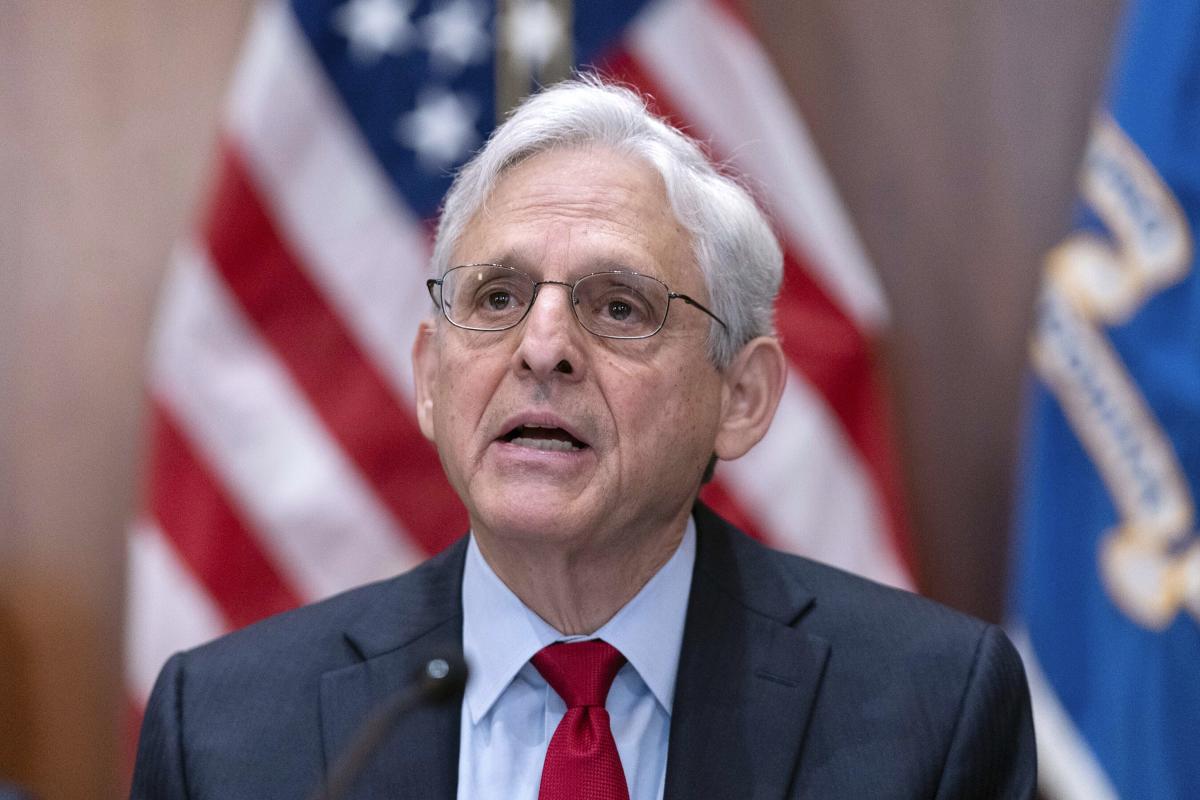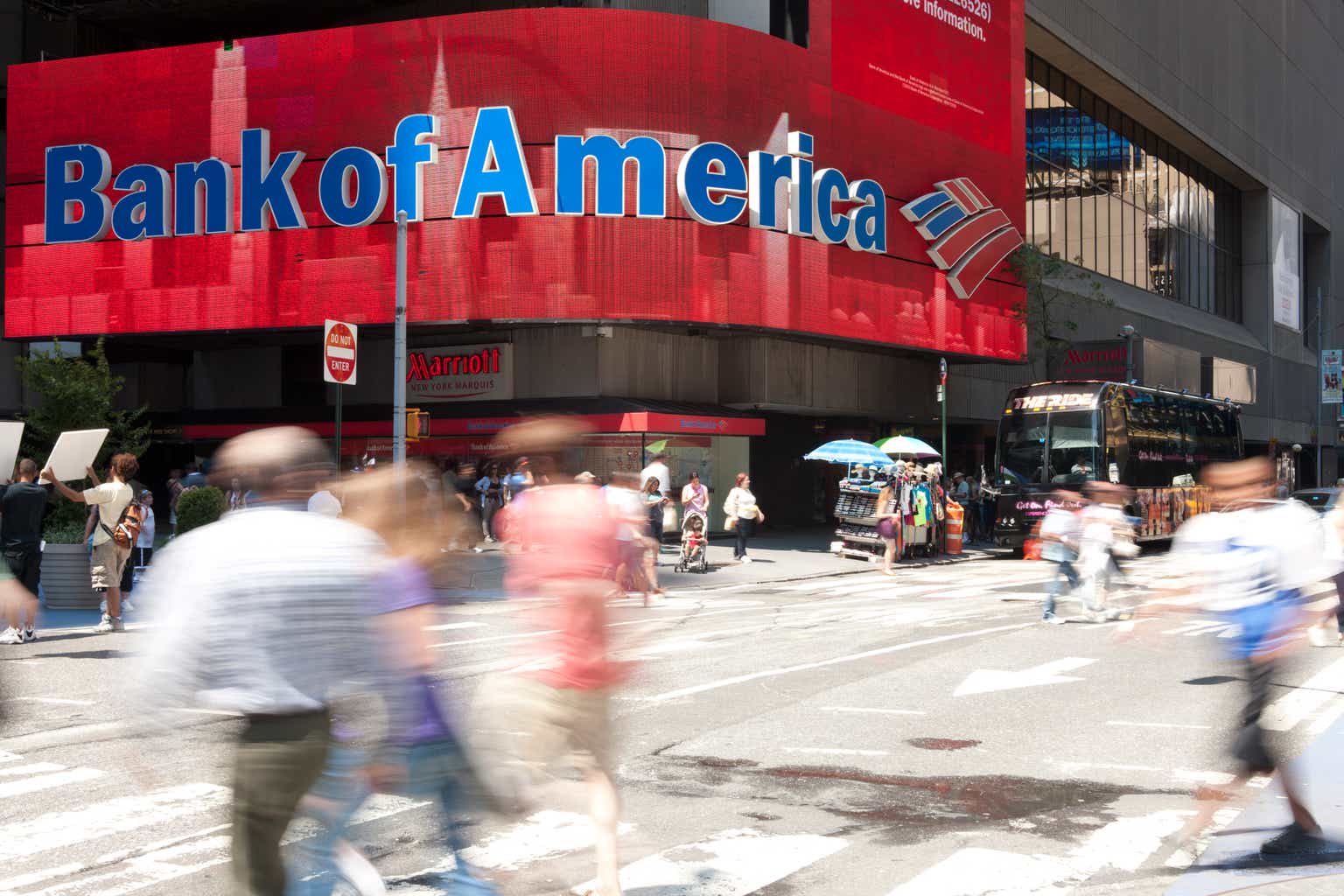© Reuters. FILE PHOTO: A man passes by the New York Stock Exchange (NYSE) in New York City, U.S., July 11, 2016. REUTERS/Brendan McDermid
By Lewis Krauskopf, Saqib Iqbal Ahmed and David Randall
NEW YORK (Reuters) -A few months ago, most investors feared having too much exposure to equities. Now many are worried they may not have enough.
The 15% year-to-date rally in the is pulling once doubtful investors back into the market. Many who had whittled down stock holdings during 2022’s painful decline are shifting gears.
The National Association of Active Investment Managers’ exposure index last week hit its highest level since late 2021, while cash levels among global fund managers surveyed this month by Bank of America (NYSE:) fell to their lowest point since January 2022.
Positioning among discretionary investors, a cohort that includes fund managers to individual investors, moved above neutral earlier this month for the first time since February, Deutsche Bank (ETR:) data showed.
Meanwhile, options investors are buying calls – bets on upside in stocks – at levels not seen in years. A record 1.8 million S&P 500 calls traded on Thursday, helping lift the one-month moving average of calls-to-puts to the highest in at least four years, Trade Alert data showed.
“If you’ve been fighting this market, you’re very likely exhausted,” said Emily Roland, co-chief investment strategist at John Hancock Asset Management, who has been increasing overall equity allocations.
The latest gains are fueled by factors ranging from a U.S. economy that has so far avoided recession despite the Federal Reserve’s aggressive monetary policy tightening to growing buzz over advances in artificial intelligence.
Some Wall Street banks are revising forecasts for how high stocks can go. Among the latest is Goldman Sachs (NYSE:), whose strategists raised their year-end S&P 500 target to 4,500 from 4,000, citing expectations the economy is likely to avoid a downturn in the next 12 months. The index ended on Friday at 4,409.59, up 23% from its October lows.
Willie Delwiche, investment strategist at Hi Mount Research, said improving sentiment is poised to support stocks, provided it does not become too extreme.
“Shifting from pessimism to optimism is actually what gives lifeblood to bull markets,” he said. “You run into trouble when you get to excessive levels, but … we’re not there.”
One measure of sentiment that Delwiche studies, the American Association of Individual Investors survey, showed bullish sentiment outpacing bearish sentiment in the latest week by the widest margin since November 2021.
Continued strength in stocks would be consistent with previous periods when pessimism began unwinding while optimism accelerated, Delwiche said.
History also shows stocks tend to keep rallying after rising 20% above their lows. The S&P 500 has posted a median gain of 18% in the 12 months after clearing the 20% threshold, LPL Financial (NASDAQ:) data showed.
Still, some worry stocks are already getting overheated.
Kochuba, founder of options analytic service SpotGamma, said that while extreme levels of call option buying can support markets, it also warrants caution in the near term.
“The trend is probably higher … but in the very short term we have gotten over our skis,” he said.
Matt Stucky, senior portfolio manager of equities at Northwestern (NASDAQ:) Mutual Wealth Management Company, believes sentiment – as evidenced in the AAII survey – has soared too quickly. He believes the Fed’s rate hikes are likely to bring on a mild recession late this year or in early 2024. The Fed left rates unchanged earlier this week but said more increases may be necessary this year.
“You’re starting to see quite a bit of evidence that investors are chasing this rally,” he said. “We’re starting to take a little bit off the table.”
Others, however, believe the rally has room to run. One encouraging signal is that a greater number of S&P 500 stocks are heading higher, in addition to the handful of megacap growth names such as Microsoft (NASDAQ:) and Nvidia (NASDAQ:) that led gains this year.
Small caps and industrial shares – long-time laggards – have outperformed so far this month, for example, while the number of S&P 500 stocks trading above their 200-day moving average rose to two-month highs this week.
Ken Mahoney, CEO of Mahoney Asset Management, has been adding to positions in Microsoft and Nvidia in recent sessions. Massive call buying, fear of missing out and bearish investors reversing their bets are likely to continue taking markets higher for now, he said.
“The market is overheated and everyone and their grandmother can see it, but it may take some time before we see a blow off top,” he said.















